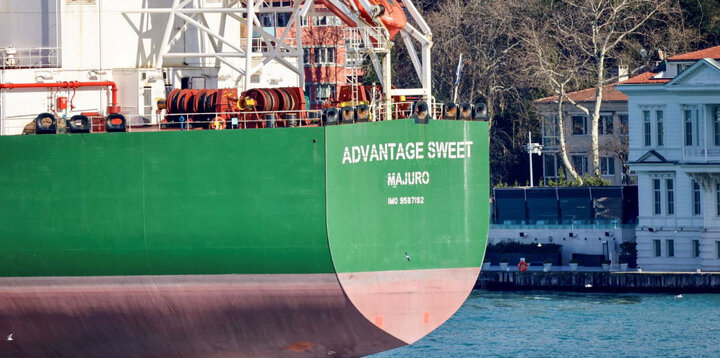Iran (IMNA) - The legal action was initiated by the affected individuals, who accused the US of causing them severe physical and mental harm due to its sanctions policy.
These sanctions, particularly those imposed by the United States, have reportedly hindered a Swedish company from exporting essential medications to Iran, thereby exacerbating the plight of the EB patients. The rare condition is characterized by extreme skin fragility and blistering caused by mechanical forces. The seizure of the US oil cargo is a direct response to the court's decision in favor of the patients' lawsuit, highlighting the far-reaching consequences of international sanctions on vulnerable populations.
Swedish Medical Company Halts Sales to Iran Amid US Sanctions, Causing Devastating Impact on EB Patients
In May 2018, the United States reinstated its sanctions against Iran after withdrawing from a United Nations-endorsed nuclear agreement involving the Islamic Republic and five other countries. This decision has led to several consequences, including the actions of Mölnlycke Health Care, a Swedish medical device company based in Gothenburg.
In response to the unilateral US sanctions, Mölnlycke Health Care has ceased selling pharmaceuticals and medical equipment, including specialized bandages for Epidermolysis Bullosa (EB) patients, to Iranian companies. This move has resulted in a severe impact on EB patients in Iran, with many losing access to essential medical items required for their treatment.
The lack of necessary medical supplies has led to the death of several EB patients and caused life-altering physical injuries, such as amputations, for others. The situation highlights the far-reaching consequences of international sanctions and their potential to affect vulnerable populations, even those not directly involved in the political and economic disputes between nations.


Your Comment